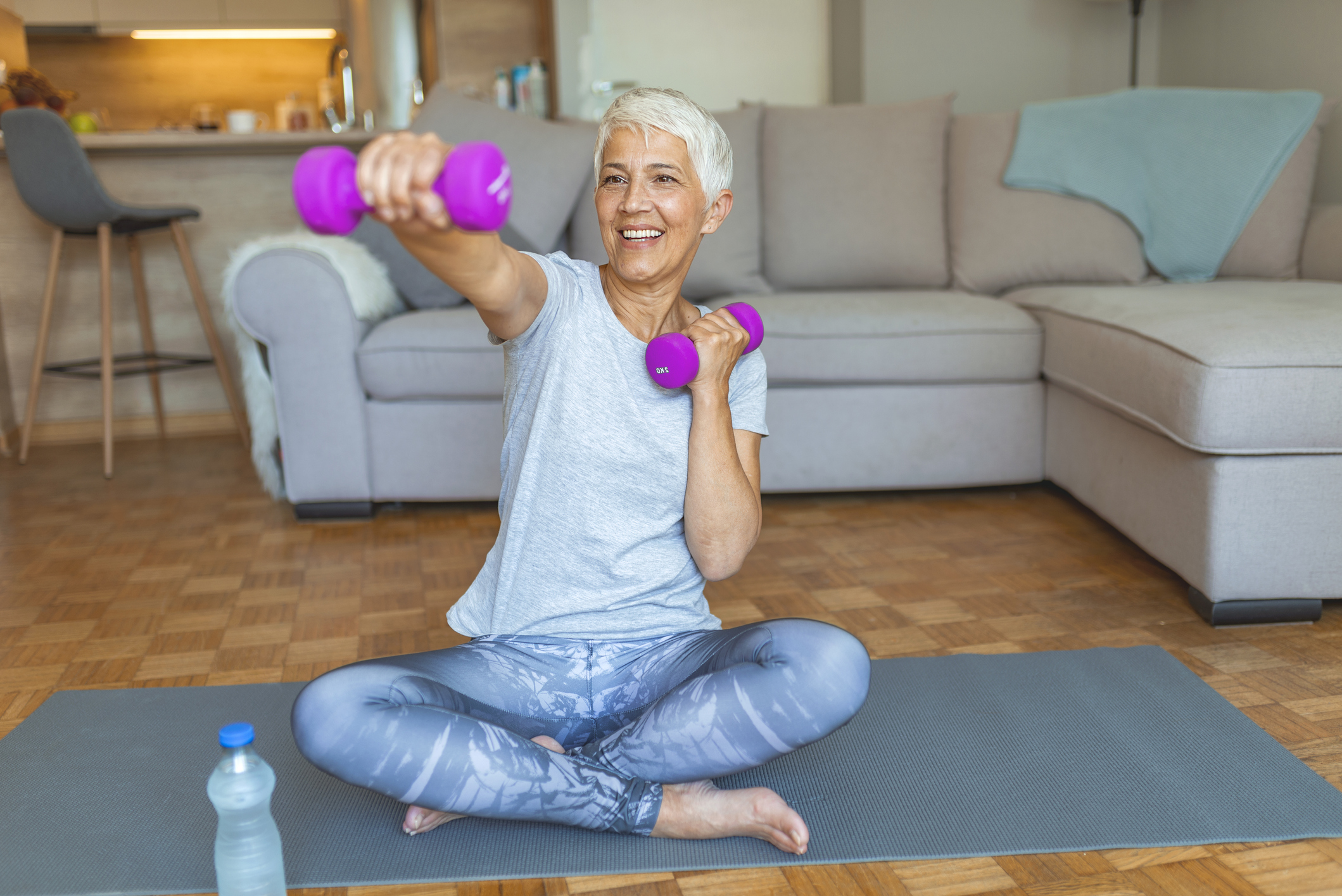As we age, our bodies naturally undergo changes that make staying active and healthy challenging. But fear not! Your golden years can still be filled with energy, vitality, and well-being. In this blog, we’ll discuss the importance of maintaining a healthy lifestyle as you age and provide practical tips for making the most of your later years.
Contents
Embracing the Journey
First and foremost, embracing the aging process and viewing it as a natural part of life is essential. While some may see aging as a time of decline, it’s also a time of growth, wisdom, and experience. By adopting a positive mindset and focusing on the benefits of aging, you’ll be better prepared to face any challenges that may arise.
Staying Active
One of the most crucial aspects of thriving in your golden years is staying physically active. Regular exercise can help maintain muscle mass, improve balance and coordination, and reduce the risk of chronic diseases like heart disease and diabetes. Here are some tips for incorporating more activity into your daily routine:
- Find an activity you enjoy: The key to sticking with an exercise routine is finding something you genuinely love doing. It could be anything from dancing, swimming, gardening, walking, yoga, or tai chi. Experiment with different activities to discover what works best for you.
- Start slowly and gradually build up: If you’re new to exercise or haven’t been active for a while, gradually increasing your activity level is essential. Begin with low-intensity exercises like walking or stretching, then gradually progress to more challenging activities as your fitness improves.
- Incorporate strength training: As we age, we naturally lose muscle mass, leading to weakness and increased risk of injury. Incorporating strength training exercises, such as lifting weights or using resistance bands, can help maintain muscle mass and improve overall strength.
- Stay consistent: Aim for at least 150 minutes of moderate-intensity aerobic activity each week and two days of strength training. Consistency is key to reaping the benefits of exercise, so try to establish a routine that works for you.
Eating Well
A balanced diet plays a significant role in maintaining good health as we age. Eating a variety of nutrient-dense foods can help support your body’s needs and prevent chronic diseases. Here are some tips for eating well in your golden years:
- Focus on whole, nutrient-dense foods: Fill your plate with a mix of fruits, vegetables, whole grains, lean proteins, and healthy fats. These foods provide essential vitamins, minerals, and antioxidants that support overall health and well-being.
- Stay hydrated: Drinking enough water is crucial for maintaining proper bodily functions, such as digestion and temperature regulation. Aim for at least eight cups of water per day, and consider incorporating other hydrating beverages like herbal tea or low-sodium broths.
- Watch portion sizes: As we age, our metabolism naturally slows down, which means we may need fewer calories to maintain a healthy weight. Be mindful of portion sizes and avoid overeating by listening to your body’s hunger and fullness cues.
- Consider supplements: Certain nutrients, such as vitamin D and calcium, can be more challenging to obtain from food alone as we age. Speak with your healthcare provider about whether supplements may be necessary to support your nutritional needs.
Prioritizing Mental Health
Mental health is just as important as physical health when it comes to thriving in your golden years. Engaging in activities promoting mental well-being can help ward off loneliness, depression, and anxiety. Here are some suggestions for nurturing your mental health:
- Stay socially connected: Maintaining strong relationships with friends and family can significantly impact your overall well-being. Make an effort to regularly connect with loved ones, whether it’s through phone calls, video chats, or in-person visits.
- Engage in mental stimulation: Challenging your brain with activities like puzzles, reading, or learning a new skill can help keep your mind sharp and prevent cognitive decline.
- Practice mindfulness: Incorporating mindfulness practices like meditation, deep breathing, or gentle yoga can help reduce stress and improve emotional well-being.
- Seek professional help if needed: If you’re struggling with feelings of depression, anxiety, or other mental health concerns, don’t hesitate to reach out to a mental health professional for support.
Getting Enough Sleep
Adequate sleep is essential for overall health, but many older adults struggle with sleep issues. Here are some tips for improving sleep quality:
- Establish a regular sleep schedule: Going to bed and waking up simultaneously each day can help regulate your body’s internal clock, making it easier to fall asleep and stay asleep.
- Create a sleep-friendly environment: Ensure your bedroom is cool, dark, and quiet, and invest in a comfortable mattress and pillows.
- Limit screen time before bed: Exposure to blue light from screens can interfere with your body’s production of melatonin, a hormone that helps regulate sleep. Try to limit screen time to an hour or two before bed, and consider using a blue light filter on devices if needed.
- Talk to your doctor: If you’re experiencing persistent sleep issues, it’s essential to speak with your healthcare provider to rule out any underlying health conditions that may be impacting your sleep.
What Are Some Activities for Active Older Adults?

Active older adults can stay engaged physically, mentally, and socially with a variety of activities. Here are some ideas:
Group Exercise Classes
Many fitness centers offer group classes specifically designed for seniors. Look for options like low-impact aerobics, tai chi, yoga, and strength training options.
Swimming
Swimming is an excellent low-impact activity that provides cardiovascular benefits and helps maintain muscle mass. Most communities have public pools available for recreational swimming.
Group Walks or Hikes
Go on a nature walk or hike with family, friends, or members of your community to get some fresh air and exercise while exploring the outdoors. Local parks often offer guided walks and hikes tailored to different fitness levels.
Gardening
Gardening is a great way to get your hands dirty and reap the rewards of growing your own fruits, vegetables, and flowers. Many communities have gardening clubs or programs specifically for seniors.
Card Games or Other Table Top Games
Socialize with friends while playing cards or board games. These games provide a great opportunity to stay mentally sharp and have some fun.
Arts & Crafts
Express yourself through art! Join an arts and crafts class at your local community center or library, or try making something creative independently. Painting, drawing, sculpting, and photography are just a few ideas for exploring your artistic side.
Volunteer Work
Giving back to the community by volunteering is a great way to stay engaged and active in your golden years. Look for opportunities at local nonprofits, schools, hospitals, or other organizations where you can use your talents and skills to help out.
These are just a few suggestions for activities that can help you stay healthy and active in your golden years. With regular physical activity, a balanced diet, and mental stimulation, you can continue to enjoy life as an older adult.
Be sure to talk with your healthcare provider if you have any questions or concerns about engaging in activities that are right for you. You can make the most of your golden years with the right support and lifestyle changes.
Conclusion
Thriving in your golden years is all about staying active, eating well, prioritizing mental health, and getting enough sleep. By adopting a healthy lifestyle and embracing aging, you’ll be well on your way to making the most of this rewarding stage of life.

